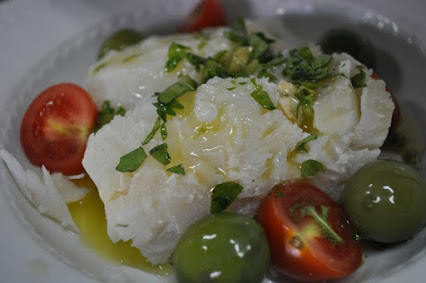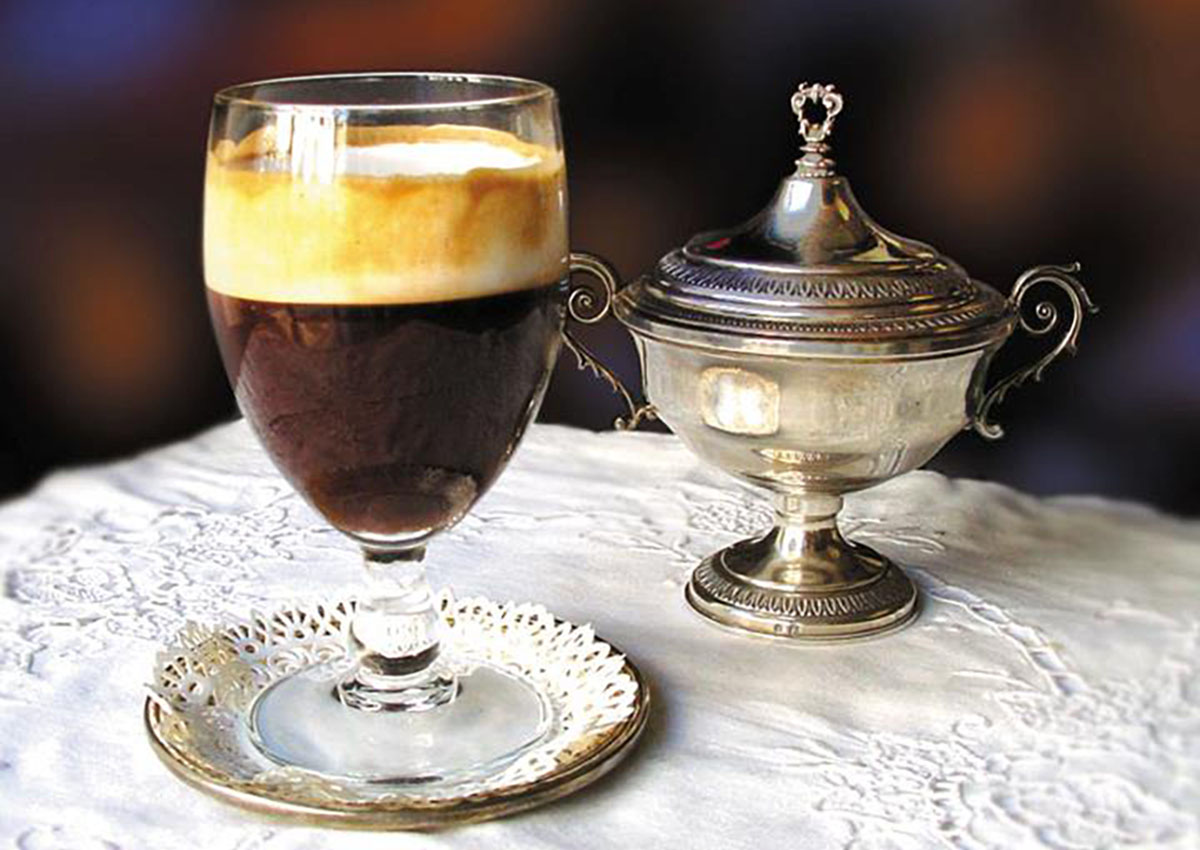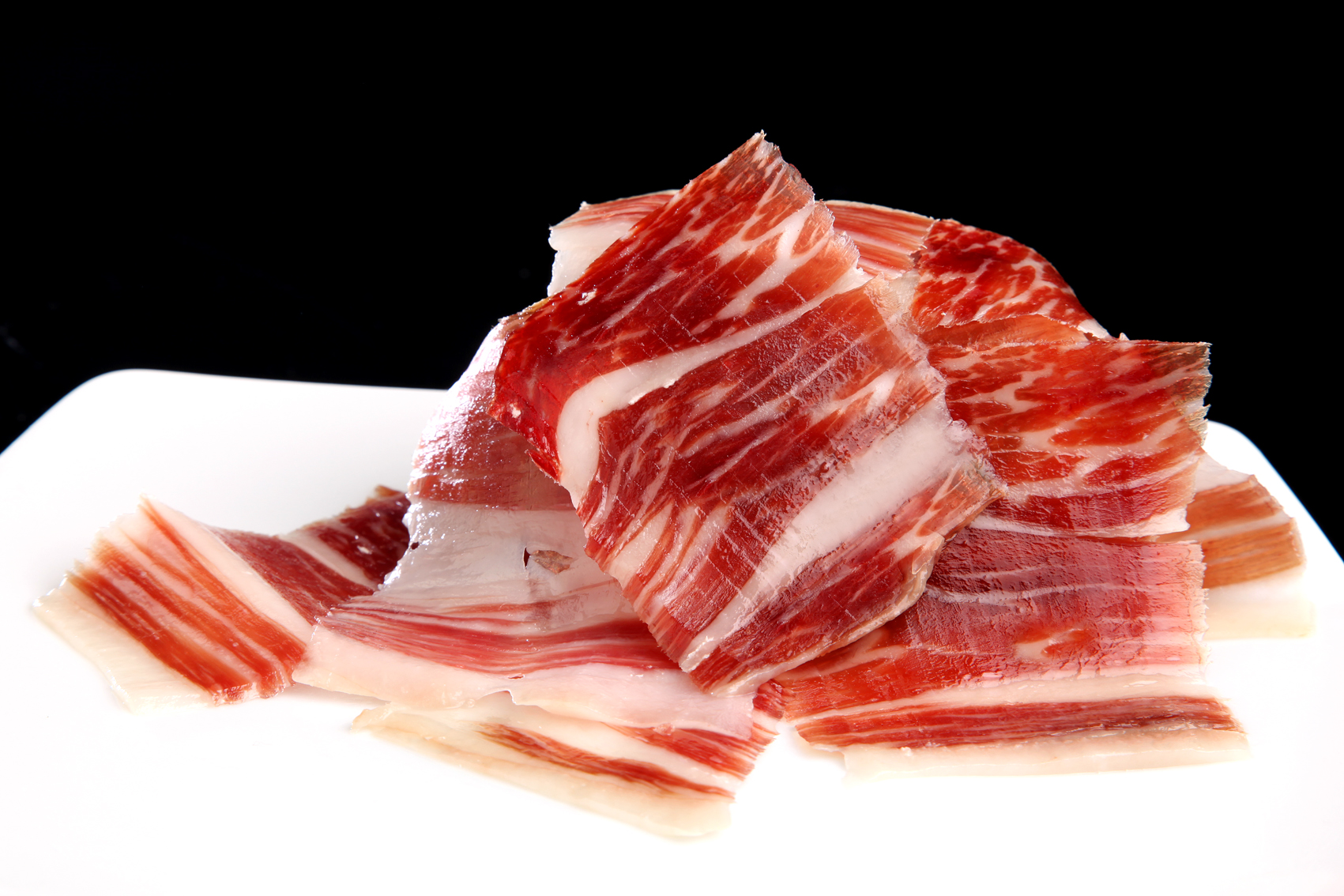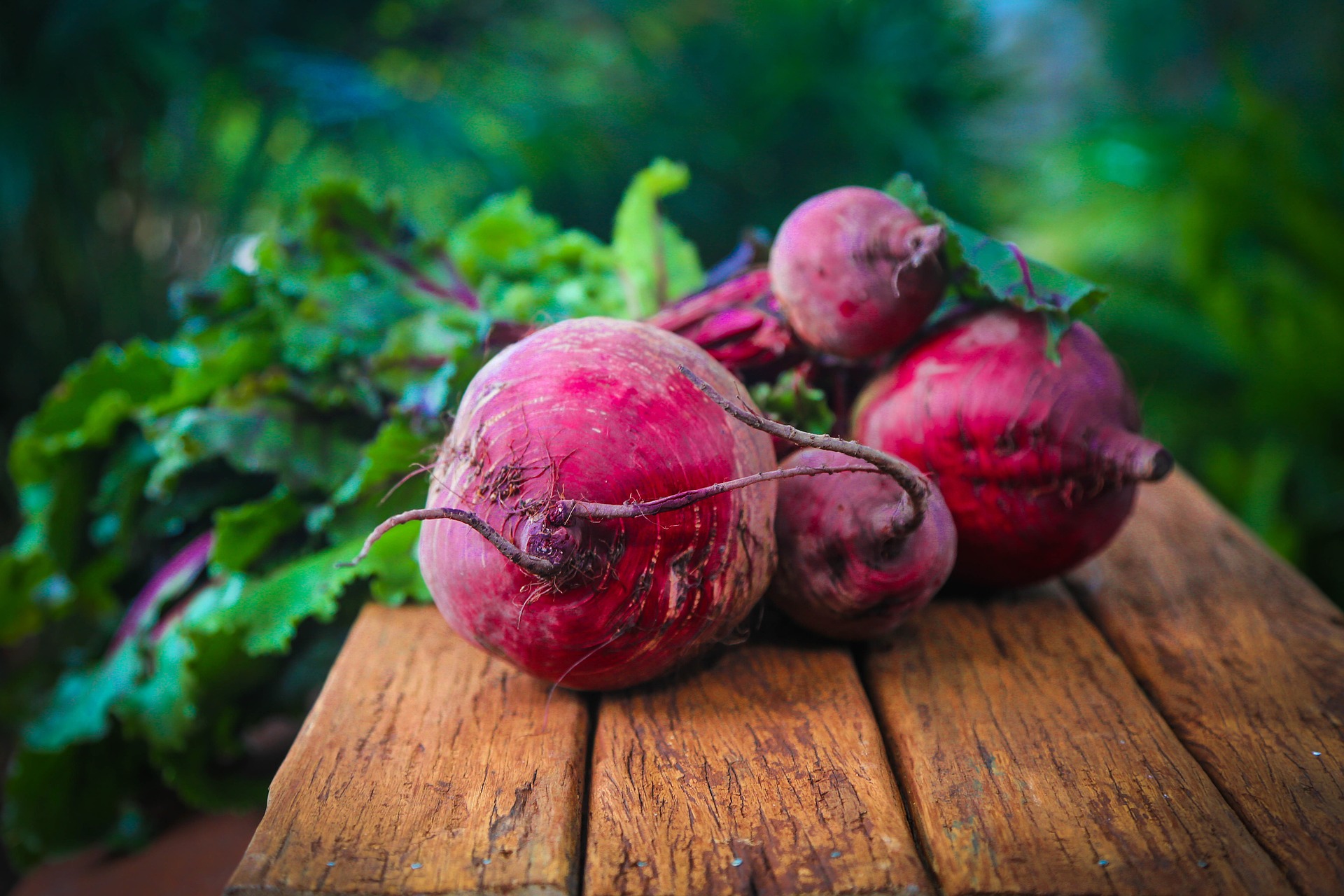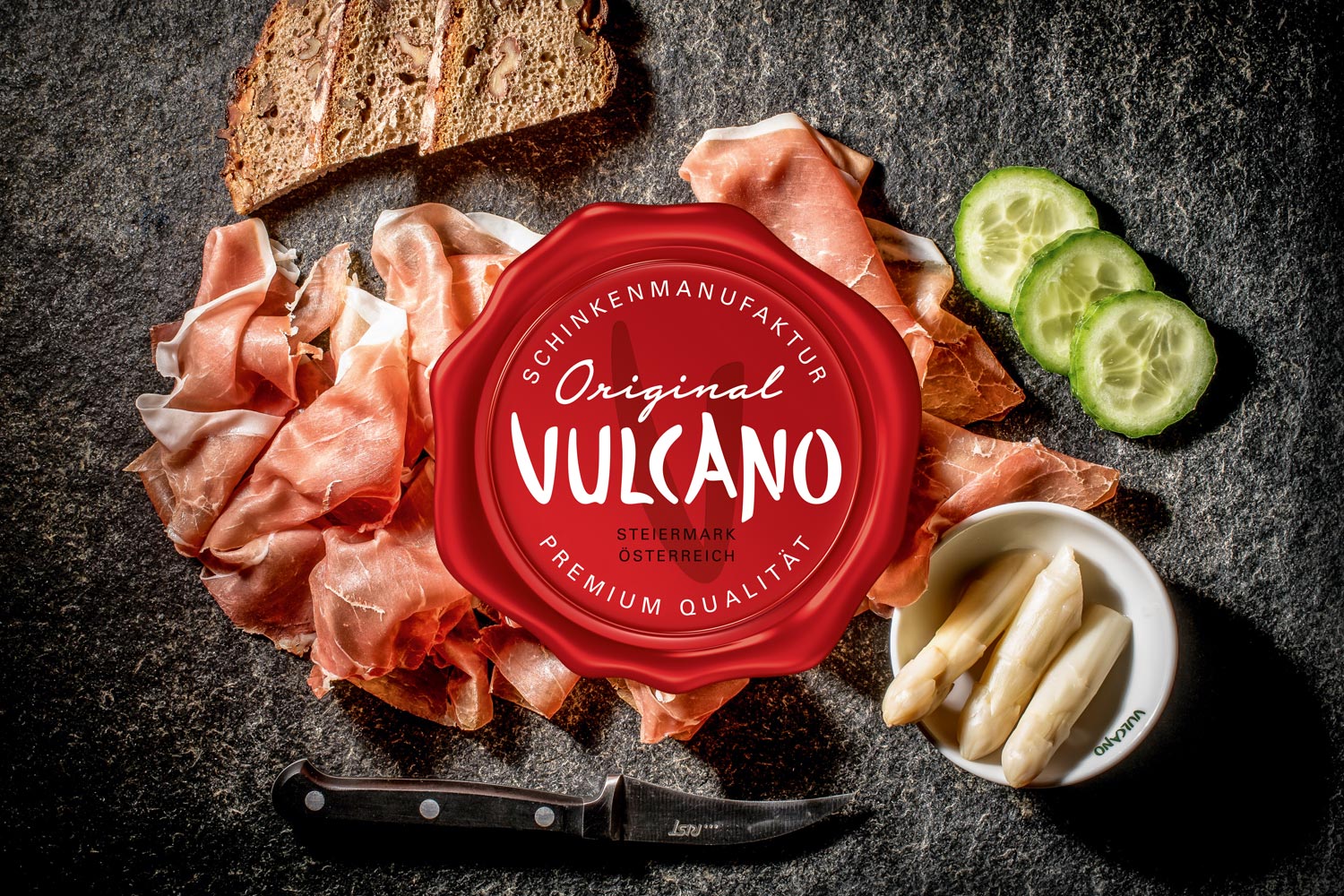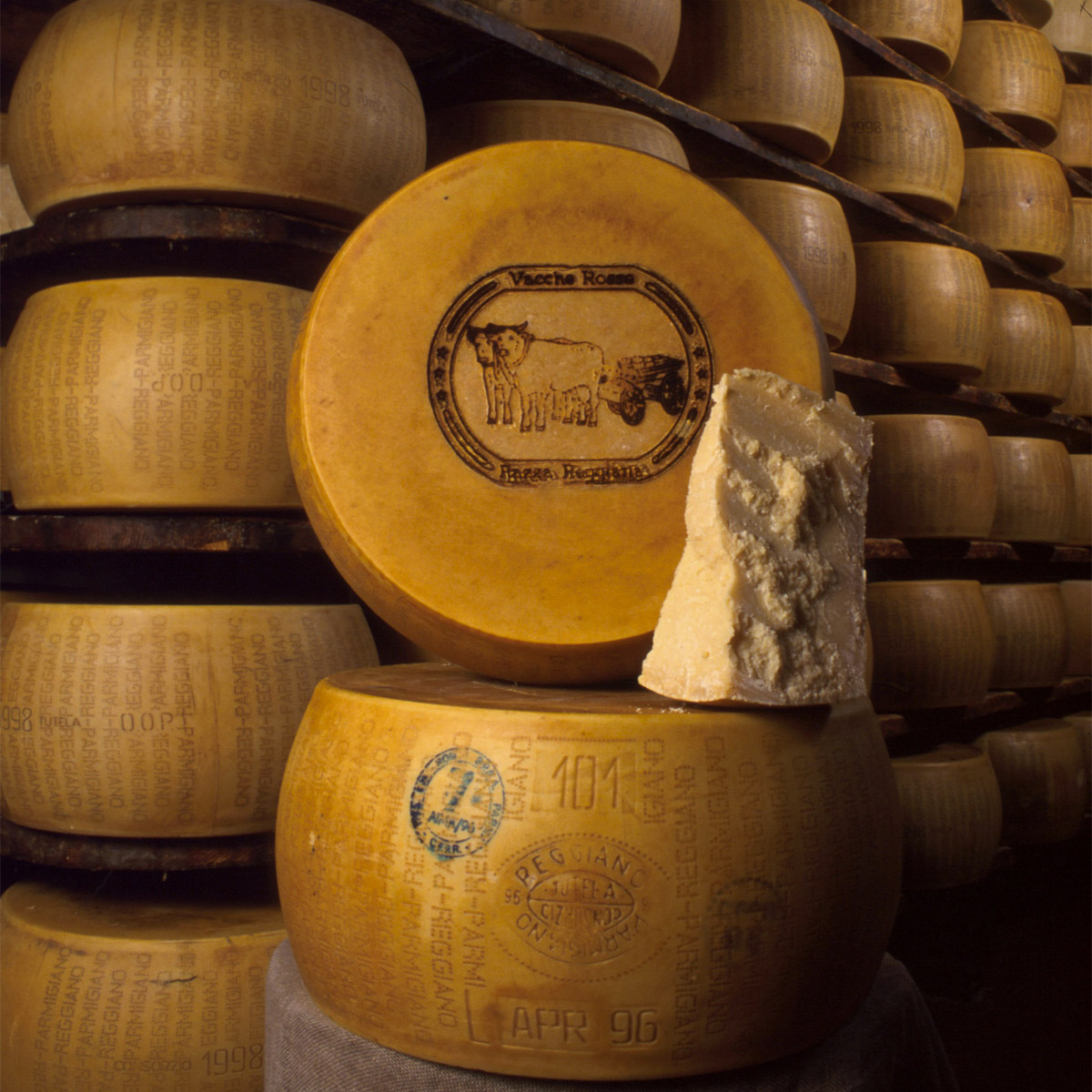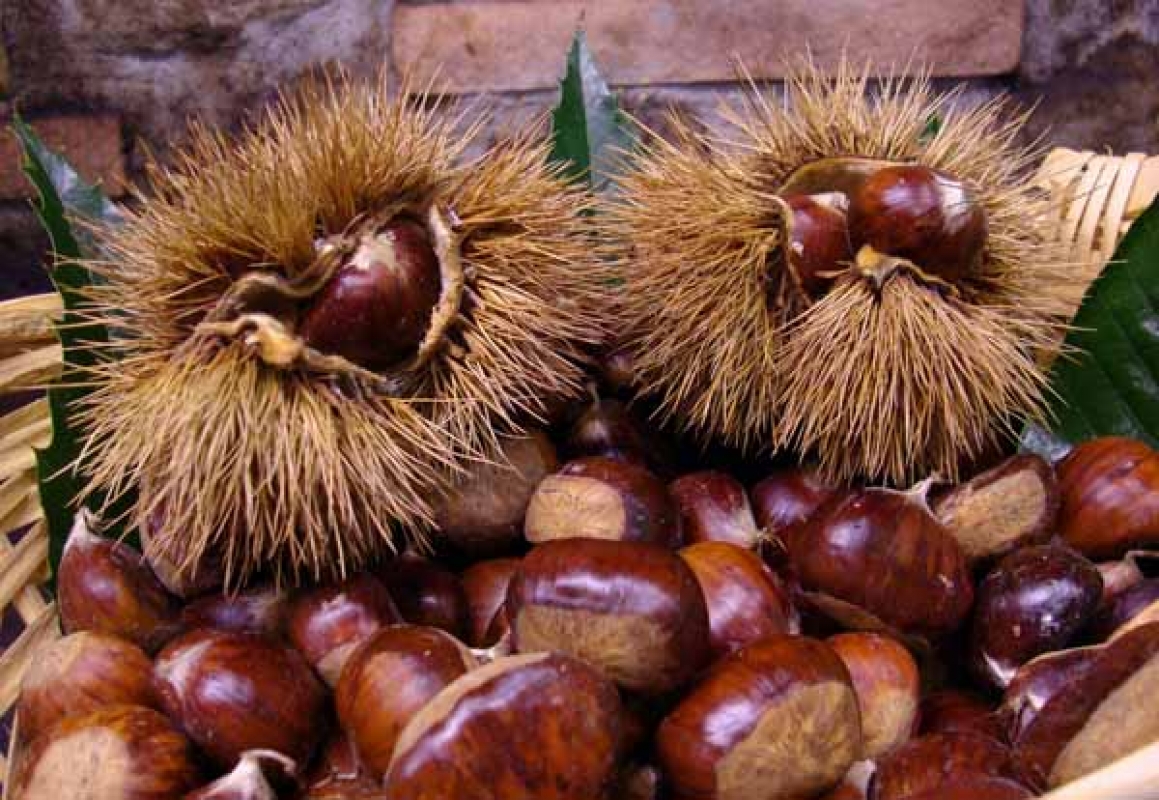The "stick fish" (this is the literal translation of the term stockfish – stoccafisso), in its salted variant named baccalà is one of the most beloved products in Italy.
The historical origin of stockfish and cod processing is usually identified between the late 1500s and the beginning of the following century. More uncertain, however, is the identification of the reasons that led to locate precisely in the area of Vesuvius said processing, which is presumed to be linked to the presence of the nearby springs of the Sebeto River, rich in water essential for the processing of the imported raw material: cod.
According to some scholars, the reason is to be found in the great increase in demand for fish, with consequent inadequacy of the local supply, stemming from the prescriptions of the Counter-Reformation church about abstinence from eating meat on commanded days. This assumption could be corroborated by the ban on eating meat during the festivities of the Feste della Montagna (Mountain Festivals) held in Somma Vesuviana from the first Saturday after Easter through May, where stockfish and codfish play a predominant role in the convivial meals consumed during the festivities.
